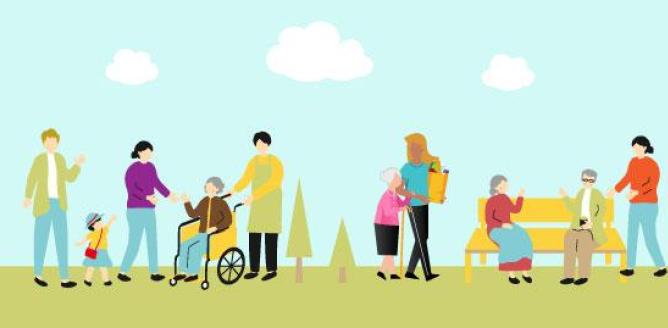Back home in Hong Kong, the Government has faced a barrage of bad press recently with the release of several troubling reports.
Whew – what a week in UK politics with Theresa May’s gamble resulting in the Conservative Party losing its majority. Pundits are now betting on how long Mrs May can continue to hold on to power. Whatever happens to Mrs May, from a gender perspective, this was a truly historic election and very good news for female representation. 208 women MPs were elected versus 191 in 2015, women now make up 32% of the total number of UK MPs and women lead or co-lead most of the major UK political parties including the Conservatives, the Scottish National Party, the Democratic Unionist Party, Plaid Cymru, the Green Party and the Women’s Equality Party.
Meanwhile, back home in Hong Kong, the Government has faced a barrage of bad press recently with the release of several troubling reports:
According to the latest Census & Statistics report Hong Kong’s household income inequality rose to a record high last year. The department attributed this to the effects of a rapidly ageing population and an increase in the number of non-working elderly people. However, some NGOs like SoCo have blamed the widening gap on the fact that Hong Kong’s low-income families have been unable to benefit from the economic growth and amassing of wealth in the city in recent years. The report was also the subject of an at times heated discussion on this morning's RTHK BackChat. Tune in here
A new report by the Hong Kong Paediatric Society and the HK Paediatric Foundation claims that the city’s young people are increasingly unhappy after enduring two decades of “ineffective ad hoc and remedial government strategies” on youth mental health. The report found that the number of children and adolescents being treated for mental illness in public hospitals more than doubled between 2011 and 2016.
A study by think tank, Hong Kong Vision, highlights deficiencies in community services and support for elderly people and their carers. The study found that elderly people have to wait an average of 10 months to receive home care or centre-based care services – with many services including meal deliveries not available on Sundays and public holidays. The report also suggested the Government could be doing more to help family members caring for elderly people navigate long working hours, rising monthly expenses and shrinking incomes especially if they had quit their jobs to become full time carers
The incoming administration clearly has its work cut out if we are to heal societal rifts and relieve the pressure particularly on lower income families. NGOs like TWF can only do so much through our programmes and limited resources – we need systematic change and the Government to allocate appropriate funding and resources to tackle the root causes, not just the symptoms.
Finally, a big thank you to everyone who wrote in in response to last week’s Connect to share their comments on Uber and Hong Kong. The situation has also attracted a lot of media attention following the government’s announcement last week that it will not be reforming the taxi licensing system, with Alex Lo and Jake van der Kamp both devoting column inches to this in the SCMP over the last few days. For anyone looking for a more comprehensive overview, take a look at David Webb’s typically incisive account of HK’s road cartels.





















